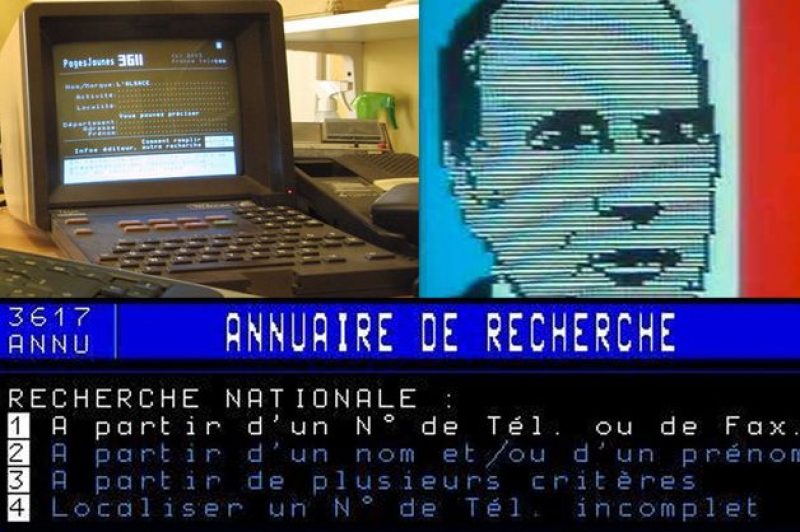Long before the World Wide Web, French people were enjoying a revolutionary – if less sophisticated – version of their French Wide Web
Today marks the 25th anniversary of the World Wide Web. One wonders if founders Tim Berners-Lee and Robert Cailliau quite appreciated how far-reaching their project would become when they first presented it to the world back in 1989. It has been nothing short of revolutionary, transforming the speed and volume of communications and setting in train a whole revolution in the world of IT that has transformed the everyday lives of everyone.
What many people don’t realise, however, is that there were other forms of telephonic communication before the World Wide Web and for quite some time before the majority of people even heard of the internet, France had its own highly unique form of FWW (French Wide Web) called the Minitel.
Minitel (Médium Interactif par Numérisation d’Information Téléphonique) was launched by France Telecom to excited users across France in 1980. It was a videotext service that was well ahead of its time; one that brought online booking, banking and pornography to a wide-eyed generation of info-savvy French citizens.
As a student in France in the late 1980s, I was quite amazed with this thing. Never before had I seen a computer used in this fashion. The Minitel console was a far smaller object than a computer. It would typically sit right beside the telephone and had a little screen and built-in keyboard.
“You want to get addresses of all the suppliers of chocolate in the Parisian region? Then just use the Minitel!” You can do that? Wow!
In 1987, there was probably nowhere else in the world where you could get such information at the tap of a button. The domain of the Minitel was a vortex into an empire of unending information. All kinds of seductive adverts interrupted ones research and ones train of thought as you navigated this modern medium that was using a dial-up land line (there was only one kind of line back then), incurring telephone costs by the second. If you submitted to temptation by dialling into a premium-rate line (such as 36 15), then you were going to be in big trouble with the college authorities.
The Minitel was first used as a test service around St Malo before being rolled out to other parts of Brittany and then the rest of France. It wasn’t long before they were virtually everywhere. All through the 1990s, France was slow to catch onto to the use of the internet because they already had it for so long in their country and in their own version. As far as many of them were concerned, the internet was essentially a new kind of Minitel – only it wasn’t French.Things changed as it became clear that the internet, unlike the Minitel, was virtually boundless in both the quality and type of content it could handle. Plus, the rest of the world was moving with it. And so, throughout the 2000s, France embraced the internet as completely as the rest of the world had. The Minitel evolved and continued for longer than one could have expected in the new world of the World Wide Web and it was finally put to rest by the people at France Telecom (now known as Orange) on the 30th of June 2012.





 Tootlafrance is Ireland’s fresh new eyes on France, bringing you the latest news, exclusive celebrity interviews, political analysis, cultural events, property news and, of course, travel features written by top Irish journalists.
Tootlafrance is Ireland’s fresh new eyes on France, bringing you the latest news, exclusive celebrity interviews, political analysis, cultural events, property news and, of course, travel features written by top Irish journalists.
Yes Minitel was great. For example booking a train ticket was an affair of 2 or 3 minutes (much complicated now on the SNCF website :))